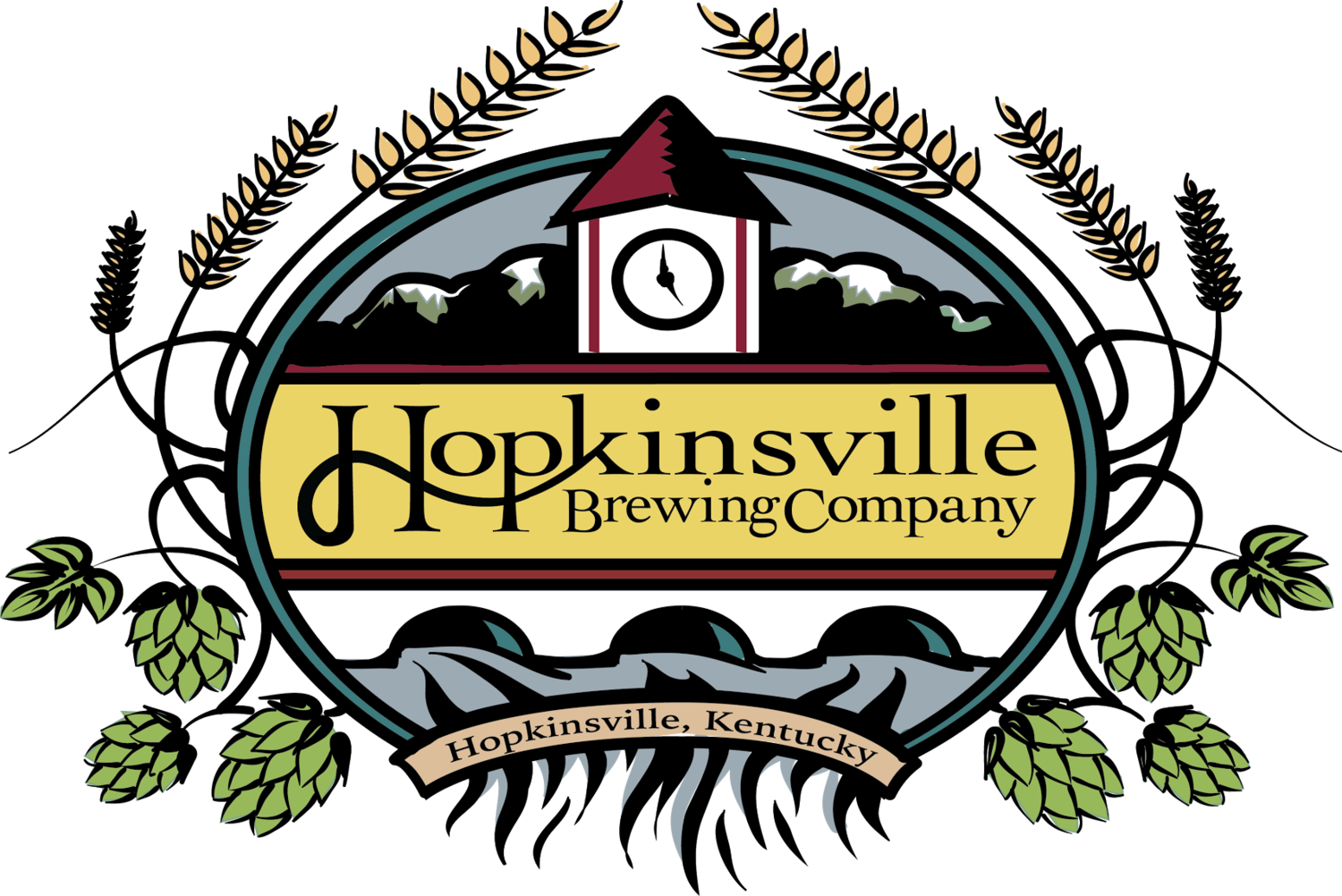
New Beers Eve 2020
It's that time of year, Hoptown: we're setting the brewery clocks ahead four hours and ringing in 2021 a little early! (And, honestly, after the year we've all had, can you really blame us for wanting to speed things up?)
We'll be highlighting the BEST and WORST of 2020: write down what you've hated most about this year and burn it in our ceremonial burn pit, then jot down a happy memory from this year and preserve it in our time capsule.
It wouldn't be New Beers Eve without a new beer release and we have you covered with Winter Warmer 2021, an imperial stout chock full of cocoa, vanilla beans, cinnamon, and ancho peppers.
And, finally, don't miss downtown Hopkinsville's smallest (and only!) mirrored ball drop (8 pm HBC time) to ring in 2021.
(Fine print: masks required when moving around the taproom and social distancing will be enforced.

















